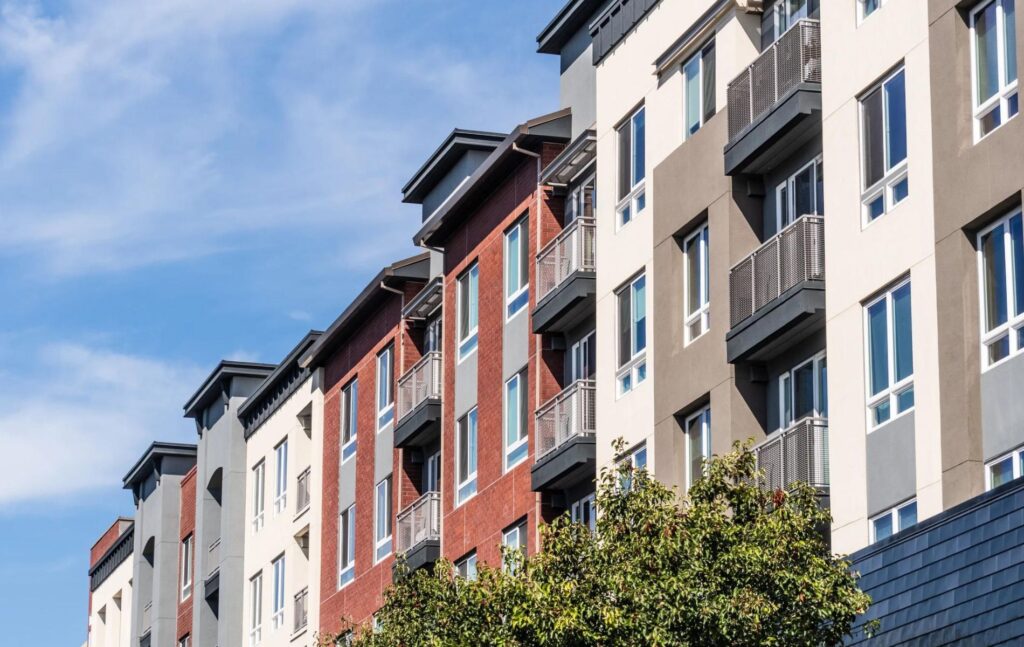Residential and commercial construction are two distinct sectors within the construction industry, differing in purpose, design, and regulatory considerations. Here are some key differences between residential and commercial construction:
Purpose: Residential construction involves building or renovating single-family homes, multi-family dwellings, or residential complexes for people to live in. Commercial construction, on the other hand, focuses on constructing structures intended for commercial or business purposes, such as office buildings, retail stores, hotels, warehouses, and industrial facilities.
Design and Scale: Residential construction typically involves smaller-scale projects, focusing on creating functional and comfortable living spaces. The design considerations primarily revolve around individual or family needs, aesthetics, and personal preferences. Commercial construction projects are often larger in scale, requiring a more complex design approach that considers the specific requirements of businesses, zoning regulations, accessibility codes, and commercial functionality.
Building Codes and Regulations: Both residential and commercial construction must comply with building codes and regulations. However, the specific codes and regulations can vary. Residential construction typically follows residential building codes that focus on aspects such as structural integrity, fire safety, and energy efficiency. Commercial construction adheres to commercial building codes that often have stricter requirements regarding accessibility, fire safety systems, occupancy loads, and structural design to ensure the safety of employees and the general public.
Construction Materials and Techniques: The choice of construction materials and techniques can differ between residential and commercial projects. Residential construction often utilizes materials like wood, concrete, brick, and traditional construction methods. Commercial construction may involve a wider range of materials, including steel, glass, reinforced concrete, and specialized systems such as HVAC (Heating, Ventilation, and Air Conditioning), electrical wiring, and plumbing that meet the demands of commercial operations.
Project Duration: Commercial construction projects typically have longer construction schedules compared to residential projects. Commercial buildings often involve more intricate designs, complex systems, and extensive coordination among various stakeholders. Residential projects, while they can vary in size and complexity, generally have shorter construction durations.
Contracting and Stakeholders: Residential construction often involves homeowners hiring contractors or builders directly, with homeowners having a more active role in decision-making. In commercial construction, projects usually have multiple stakeholders, including developers, architects, engineers, contractors, and tenants or business owners, and often follow a more formalized procurement process.
These are some of the fundamental differences between residential and commercial construction. While both sectors share similarities in construction principles, they have distinct considerations and requirements due to their unique purposes and end-users.
Contact us at RH Renovation NYC for more information regarding commercial and residential construction inquiries.



